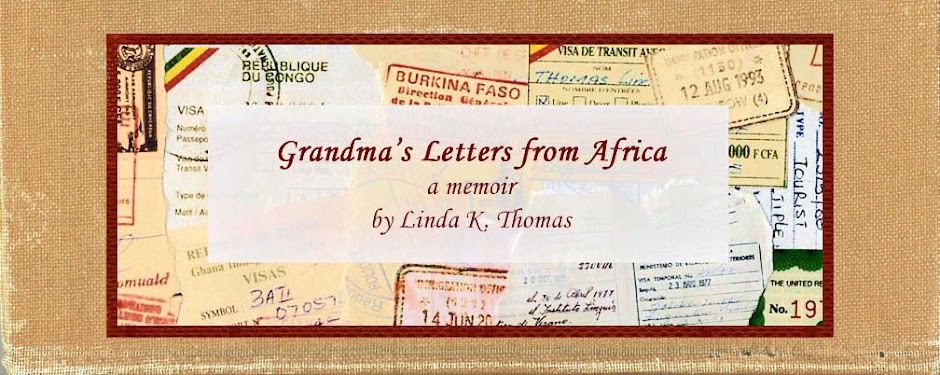Dave was responsible to line up a bus to transport our orientation group out of the Taita Hills on November 29 at the end of the final three weeks of our training—the most challenging part.
So,
a week in advance, we set out in the Pearl for Mombasa, a large seaport on the
Indian Ocean, passing numerous baobab trees—which can be ancient.
Baobabs are known for their strange appearance. According to an old Arabic legend, "the devil plucked up the baobab, thrust its branches into the earth, and left its roots in the air."
Also known as the “Tree of Life,” each can hold over a thousand gallons of water, a real gift to both humans and wildlife during dry times. Baobabs also offer shelter as well as nutrition from its fruit and leaves.
The
highway, the major link between the coast and the capital city, was scarred
with the usual thousands of potholes so Dave drove just fast enough to skim
over the high points, the way our orientation director, Brian, had taught him.
The
highway was busy with enormous lorries (trucks) that belched out black exhaust
while hauling their loads to or from the seaport. (Click on this link to watch a few seconds of lorries traveling to the coast along that same highway. Notice
the lack of a good shoulder. Also notice that nowadays the lorries aren’t
belching black exhaust! Hooray!)
At
one point, Dave pulled out around one of those lorries and accelerated to pass
it—or “overtake” it, as they say in Kenya—when before our eyes, hidden just
beyond the crest of a slight rise, we spotted something much larger than a
pothole.
At sixty miles an hour, we sped alongside that truck toward a gap where an entire section of pavement had gone missing from the centerline to the far side of the highway—maybe five or six feet across and more than a foot deep.
And unmarked, mind you! No warning given to drivers!
Instinctively
we knew we’d hit that hole within three or four seconds.
We
both screamed and braced ourselves. (That time, I didn’t even have time to envision a newspaper headline to announce our deaths.)
But to our utter amazement,
The Pearl soared right over that massive gap
and sped
on down the highway.
My
heart still races when I relive those moments.
When
we arrived in Mombasa and found the bus company, Dave stepped inside to make
arrangements, but I stayed in the car park (parking lot) adjoining a junkyard
full of wrecked buses.
When
Dave finished inside, he walked back to The Pearl with a puzzled look on his
face.
“I
took care of the paperwork, but where are the buses?” he asked.
We
looked around, but we could see only the wrecked ones in the junkyard.
The
man who helped Dave must have overheard us because he stepped outside and told
us that indeed those were the buses.
After
he moved out of earshot, we sighed and shook our heads.
Dave
moaned,
“That
guy promises someone will show up
with
a bus for us.”
We
wondered if he would.
(From
Chapter 3, Grandma’s Letters from Africa)



